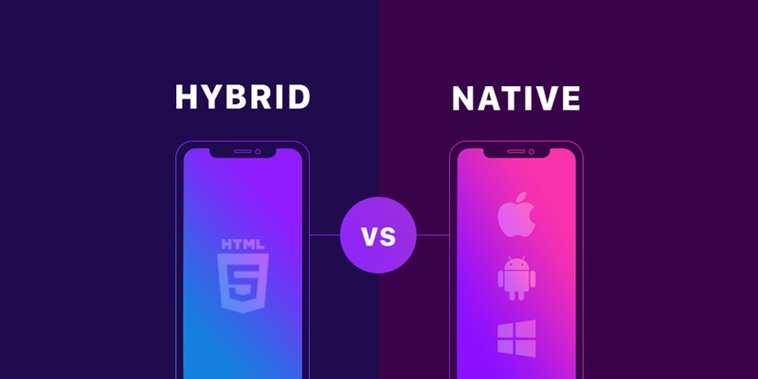MEAN Stack for Hybrid Mobile App Development
Whether you are an IT professional, an IT executive or an IT consultant and developer, you have likely heard of MEAN Stack. This development environment incorporates four tools to create an environment in which mobile application developers can create hybrid, cross-platform applications for the mobile device market or for business use.
This article focuses on three of the many benefits of working with MEAN Stack for mobile application development.
But, before we get started, let’s do a quick review:
Table of Contents
MEAN STACK
MEAN Stack incorporates four components of the development environment: Mongo, Express JS, Angular and Node (hence the acronym, MEAN).
Mongo DB: A NoSQL, scalable, flexible database.
Express JS: Enables large scale web and mobile applications using micro services architecture.
Angular JS: A rich, popular framework with powerful tools for cross-platform application development.
Node JS: Streamlines server-side scripting for fast, scalable processing.
This product is particularly suitable for complex projects requiring scalable architecture. MEAN Stack development services leverage the power of Angular JS and MEAN Stack to develop scalable, high-performance applications for desktops, tablets, smart phones and smart watches and as such it is ideal for cross-platform, hybrid approaches to mobile application development.
Here are three of the many benefits of working with MEAN Stack to develop your cross-platform mobile application:
Dependability –
The MEAN component package has been around long enough to be proven, and there are thousands of applications in the market using the MEAN Stack development environment, including apps from small businesses and from large enterprises. A development team that is considering a platform is well-served by the MEAN environment and can be assured that the platform will be around for future upgrades and releases.
Low Cost –
The MEAN Stack leverages JavaScript which is a free, open-source toolkit. This lowers the cost of development and because there are so many developers skilled in JavaScript, this choice ensures that the business can easily find developer partners with the skills to complete the project. The MEAN stack requires a small footprint and decreases overhead and enables low-cost technology and total cost of ownership (TCO). Whether the organization intends to develop the mobile application in-house or engage an IT consulting partner, there is a wealth of development talent with MEAN Stack skills in the market, so the organization is assured that they will have the resources to do the work and to plan for future upgrades and releases.
Flexibility –
Mean Stack provides support for the business to create simple, intuitive, open source solutions that are easy to maintain and upgrade and are rich and robust enough to satisfy complex hybrid mobile application needs and Cloud solutions. MEAN stack supports rapid application development and will help the organization to achieve its goals quickly and provide support for future needs. The MEAN environment allows developers to quickly and easily validate an app once the implementation is complete. Developers can design, test and deploy Cloud apps swiftly and the MongoDB provides cluster support and automated replication.
Find out how the right MEAN Stack and cross-platform, hybrid mobile app development partner can help your business achieve its goals. For more information visit our Blog.

